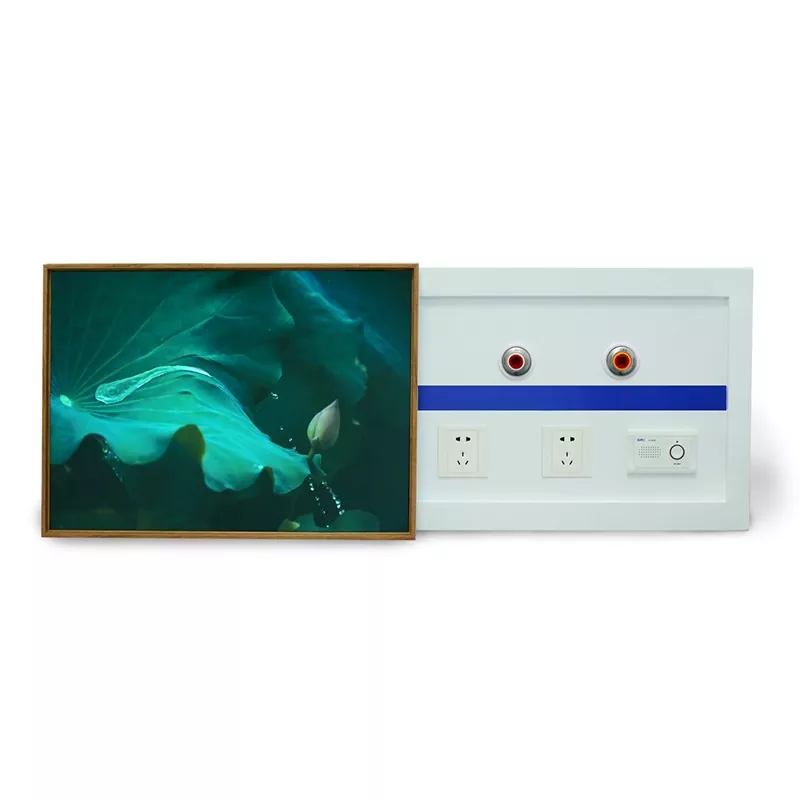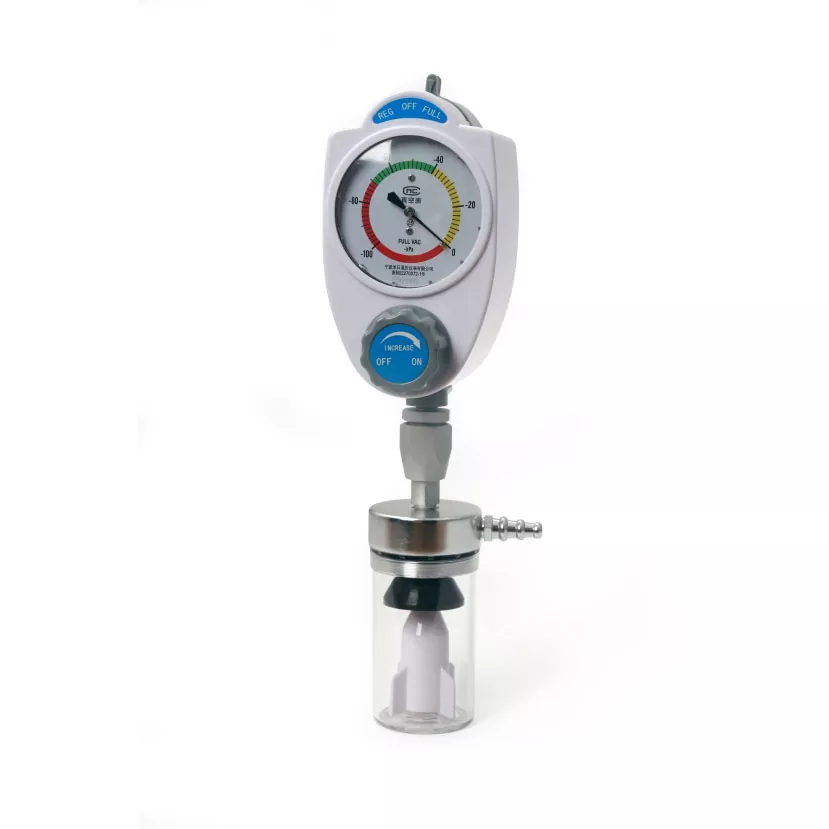
- English
- Español
- Português
- русский
- Français
- 日本語
- Deutsch
- tiếng Việt
- Italiano
- Nederlands
- ภาษาไทย
- Polski
- 한국어
- Svenska
- magyar
- Malay
- বাংলা ভাষার
- Dansk
- Suomi
- हिन्दी
- Pilipino
- Türkçe
- Gaeilge
- العربية
- Indonesia
- Norsk
- تمل
- český
- ελληνικά
- український
- Javanese
- فارسی
- தமிழ்
- తెలుగు
- नेपाली
- Burmese
- български
- ລາວ
- Latine
- Қазақша
- Euskal
- Azərbaycan
- Slovenský jazyk
- Македонски
- Lietuvos
- Eesti Keel
- Română
- Slovenski
- मराठी
- Srpski језик
- 简体中文
If ICU equipment malfunctions during use, how many hours does the manufacturer's after-sales response time need to be kept within to reduce the risk of delayed treatment?
2025-10-17
ICU equipment is no ordinary piece of equipment; each piece of equipment holds the patient's life at risk. If this equipment breaks down during use, it can be a serious problem, and in serious cases, even fatal. For example, if a monitor breaks down and the patient's vital signs are lost, the doctor is effectively blinded, unable to detect changes in the patient's condition. Once the optimal treatment window is missed, the patient is in danger. Therefore, ICU equipment failure is truly no small matter; it can directly affect life and death.

The Critical Importance of After-Sales Response Time
If ICU equipment malfunctions, the manufacturer's after-sales response time is crucial. If the doctor waits for a long time without receiving attention, they won't be able to obtain accurate vital sign data, leading to incorrect diagnosis and misguided treatment plans, which will inevitably worsen the patient's condition. A faster manufacturer response significantly reduces the risk of delayed treatment and provides an additional layer of protection for the patient's life. This cannot be overstated.
Ideal After-Sales Response Time
Different ICU equipment requires different manufacturers to respond quickly when it breaks down. For critical equipment like ventilators and ECMO machines, if they stop functioning, the patient could be in danger at any moment. Ideally, the manufacturer should respond within two hours. If this type of equipment breaks down and the manufacturer doesn't respond for more than four hours, the patient's vital signs could deteriorate, making it difficult to save them. For more common equipment like monitors and bedside ultrasounds, while failure isn't fatal, it can still affect doctors' ability to assess the patient's condition and determine treatment plans. Therefore, manufacturers ideally should respond within four hours.

Factors Affecting After-Sales Response Time
Whether a manufacturer can provide fast after-sales service isn't simply a matter of wishful thinking; it's influenced by many factors. First, distance. If the hospital is in a large city and the manufacturer's after-sales service point is nearby, the response will be fast. However, if the hospital is located in a remote mountainous area, the manufacturer may be thousands of miles away. Even the most urgent response will take considerable time, resulting in a slower response. Adequate maintenance personnel is also crucial. If the manufacturer has a large after-sales team, with sufficient personnel monitoring each region, personnel can be dispatched immediately if ICU equipment breaks down. However, if there are insufficient staff, one person will be responsible for a large area, and before one area is fixed, another area breaks down. They will definitely be unable to keep up, and response times will be long. The effectiveness of technical support is also crucial. When encountering complex faults, maintenance personnel can quickly identify the problem if they can consult with the manufacturer's technical experts remotely at any time or have access to detailed technical documentation. However, if technical support is insufficient, maintenance personnel are forced to figure things out on their own, which wastes a lot of time.


